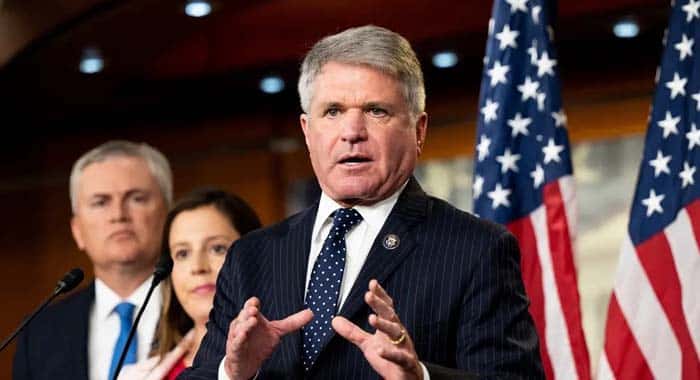Four years after the final US troops left Afghanistan, the country remains engulfed in violence, instability, and oppression, with Republican Rep. Michael McCaul of Texas, former chair of the House Foreign Affairs Committee, sharply condemning the withdrawal as a “catastrophic failure” that unleashed terrorism across the region.
In a statement on X, McCaul said the Biden administration abandoned Americans and Afghan allies alike, leaving “at least 1,000 Americans and thousands of Afghan allies to face retribution at the hands of the Taliban a terrorist group now armed with $7 billion of left-behind US military equipment.” He warned that the retreat has had devastating consequences, including reprisal killings, widespread human rights abuses, and the empowerment of extremist networks across South and Central Asia.
“The consequences of this failure are hard to overstate,” McCaul said. “Our allies have been subjected to brutal reprisals, terrorism has spread unchecked, and American weakness has been broadcast globally, emboldening adversaries like Putin.” He described the withdrawal as “a bloody stain on our nation’s history” and called for accountability to prevent similar disasters in the future.
Afghanistan’s collapse under Taliban control has left millions in fear, with women and minorities facing systemic oppression, basic freedoms curtailed, and public services in disarray. Security analysts warn that the Taliban’s control has allowed extremist groups, including ISIS-K, to regroup and operate with impunity, turning Afghanistan into a breeding ground for terrorism.
The US Department of Defense marked the exit of the final service member, Maj. Gen. Christopher Donahue of the 82nd Airborne Division, on Aug. 30, 2021, ending nearly two decades of military presence. Despite the passage of four years, the withdrawal continues to spark fierce debate over its execution and long-term consequences for regional security.
McCaul’s statement underscores a growing bipartisan concern in Washington that Afghanistan under the Taliban represents not only a humanitarian disaster but also a persistent threat to global stability.





